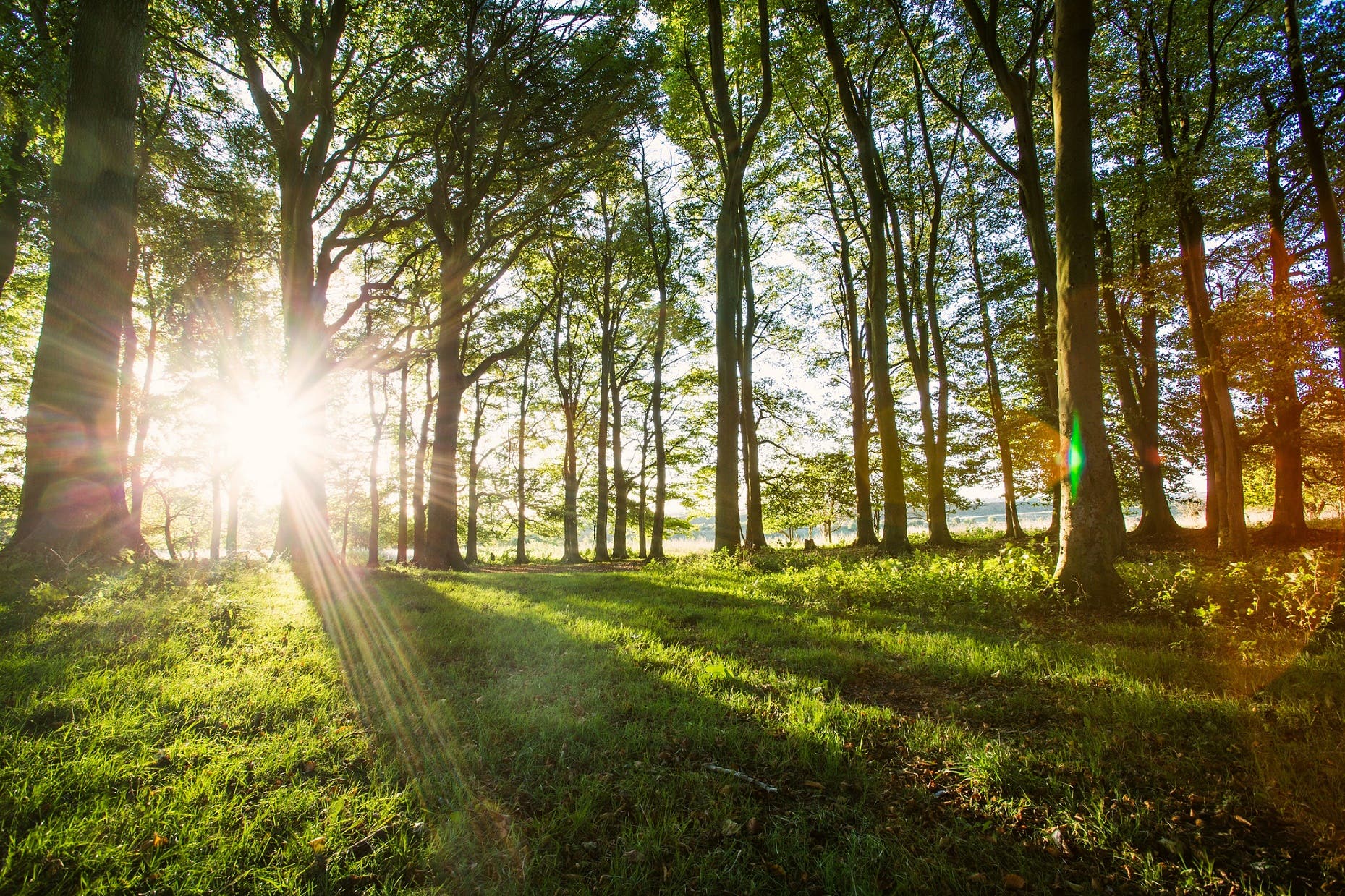South Downs National Park planting 23,000 trees to restore disease-hit habitats
The trees will replace those lost to pests and diseases, including ash dieback and Dutch elm disease, as well as creating new habitats for wildlife.

More than 23,000 trees are being planted across the South Downs National Park this winter as part of a scheme aimed at helping disease-hit woodlands flourish again.
The national park authority has announced 20 sites across Sussex and Hampshire for the plantings as part of its target to plant 100,000 trees across the region.
The trees will replace those lost to pests and diseases, including ash dieback and Dutch elm disease, as well as creating new habitats for wildlife and providing new woodland for local communities.
Those being planted are a mixture of disease-resistant elms and native species, such as oak and black poplar, and sites include schools, farms, recreation grounds and historic parks.
More than £230,000 has been raised for the initiative, including a donation from the American Express Foundation which has funded 5,000 trees.
The project comes as research from the Woodland Trust shows that one third of all woodland species in the UK are in decline and one in 10 is at risk of extinction.
Nick Heasman, a countryside and policy manager for the national park, said: “Our tree-scape supports a wealth of wildlife, from rare insects to nesting birds and complex fungi.
“They also give us air to breathe, with a single mature tree producing enough oxygen in a year to sustain 10 people.
“However, our wonderful trees are under unprecedented threat from an ever-increasing number of pests and diseases, as well as climate change.
They’re under threat from climate change, but trees are also part of solution as the ultimate carbon capturer. The entire woodland ecosystem plays a massive role in locking up carbon
“They’re under threat from climate change, but trees are also part of solution as the ultimate carbon capturer. The entire woodland ecosystem plays a massive role in locking up carbon, including the wood, roots, leaves, soils and associated plants.
“Increasing the number and diversity of our native trees, and carefully introducing new species into the landscape, is going to be a big help in responding to all these threats and also helping to reverse biodiversity loss.”
A batch of trees is being delivered this winter to Woodingdean, near Brighton.
Clare Millett Hopkins, chairwoman of Woodingdean Wilderness Group, said: “We’ll be involving our community in a planting event to help plant out the 1,000 native deciduous trees in December.
“It is a lovely opportunity to bring everyone together, of all ages, to plant the trees and support our wildlife and build an appreciation for our natural environment.”
Bookmark popover
Removed from bookmarks